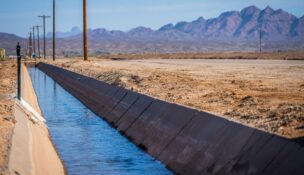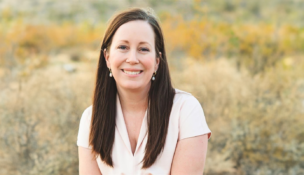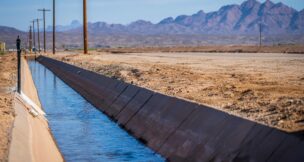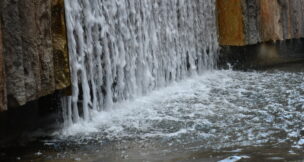State forester warns of funding shortfall for wildfire suppression in Arizona
Jakob Thorington Arizona Capitol Times//September 20, 2025//
State forester warns of funding shortfall for wildfire suppression in Arizona
Jakob Thorington Arizona Capitol Times//September 20, 2025//
Key Points:
-
State forester warns of wildfire suppression funding shortage
-
Wildfire suppression costs rise due to longer incidents and aircraft use
-
A recent poll shows 82% of voters are worried about recent wildfires
The state forester has warned the governor and state lawmakers that a special legislative session could be needed to address a lack of funds for wildfire suppression activities.
The Department of Forestry and Fire Management’s budget request for the next fiscal year includes a permanent funding solution for wildland fire suppression. Department officials say annual costs to fight wildfires on state-owned property have risen substantially in recent years and wildfire events can take up to five years to fully close out suppression costs.
“The request for additional, permanent funding stems from the increasing and ongoing costs associated with wildfire response in Arizona. What was once a seasonal effort has evolved into a year-round operation,” the department’s Public Affairs Officer Tiffany Davila told the Arizona Capitol Times. “As a result, the expenses tied to firefighting — such as longer-duration incidents, use of aircraft and equipment, overhead, and the need for Incident Management Teams for more complex fires — continue to rise.”
The state has appropriated $200,000 annually from fiscal year 2022 to fiscal year 2026 for fire suppression, plus an annual $3 million in permanent funding with a revolving fund that allows the forester to incur liabilities for suppressing wildfires up to $3 million.
“(The revolving fund) could be the ideal model to address the unpredictable nature of wildland fire activity, however with only $3M provided annually the model does not work,” the department’s request states. “This model has long been unchanged, insufficient, and impossible to meet the actuals of today’s wildland fire liabilities and expenses.”
According to the department, it took 45 days to spend the $3 million of permanent funding in fiscal year 2025 and the department spent its permanent funding again in 55 days in fiscal year 2026.
The funding formula for wildland fire suppression has not increased since 2003, and the department has needed supplemental funding requests or action from the Governor’s Emergency Council to address excess expenses.
Department officials are suggesting the state should increase statute funding, not to exceed $30 million of the state’s general fund. The department received a $30 million supplemental allocation in the fiscal year 2025 budget, which is expected to be spent by the end of fiscal year 2026.
Davila said that the department is aiming to establish a permanent funding solution through the regular budget process next legislative session and a special session is not yet needed. She said a special session would only be necessary if additional funds were required to supplement the state’s current budget in order to reimburse the department’s expenses in a timely manner.
During the previous Fire Preparedness Committee House Ad Hoc meeting on July 29, John Truett, fire management officer of the Department of Forestry and Fire Management, told lawmakers Arizona “dodged a bullet” for what could have been an extreme and critical fire season for the state.
“We’ve been lucky,” Truett said. “In the last two years, we haven’t had that overwhelming fire season or even average fire season. We get an average fire season, we get overwhelmed pretty fast with a lot of fire on the landscape.”
A recent poll published on Sept. 6 from Noble Predictive Insights found less than 20% of respondents said the state is well prepared to handle future wildfire emergencies.
Just over half of respondents, at 52%, believe the state has some level of preparation for wildfires, while 21% said Arizona isn’t prepared at all for future wildfires.
It’s also a bipartisan issue, with 82% of both Republicans and Democrats polled saying they are worried about recent wildfires, and 70% of independents said they were also concerned.
“Wildfires touch every community in Arizona, and voters are telling us they do not think the state is ready enough for what lies ahead,” Noble’s founder and CEO, Mike Noble said in a statement. “What is most striking is the consensus. Whether Republican, Democrat, or independent, voters overwhelmingly want prevention to be the top priority.”













































